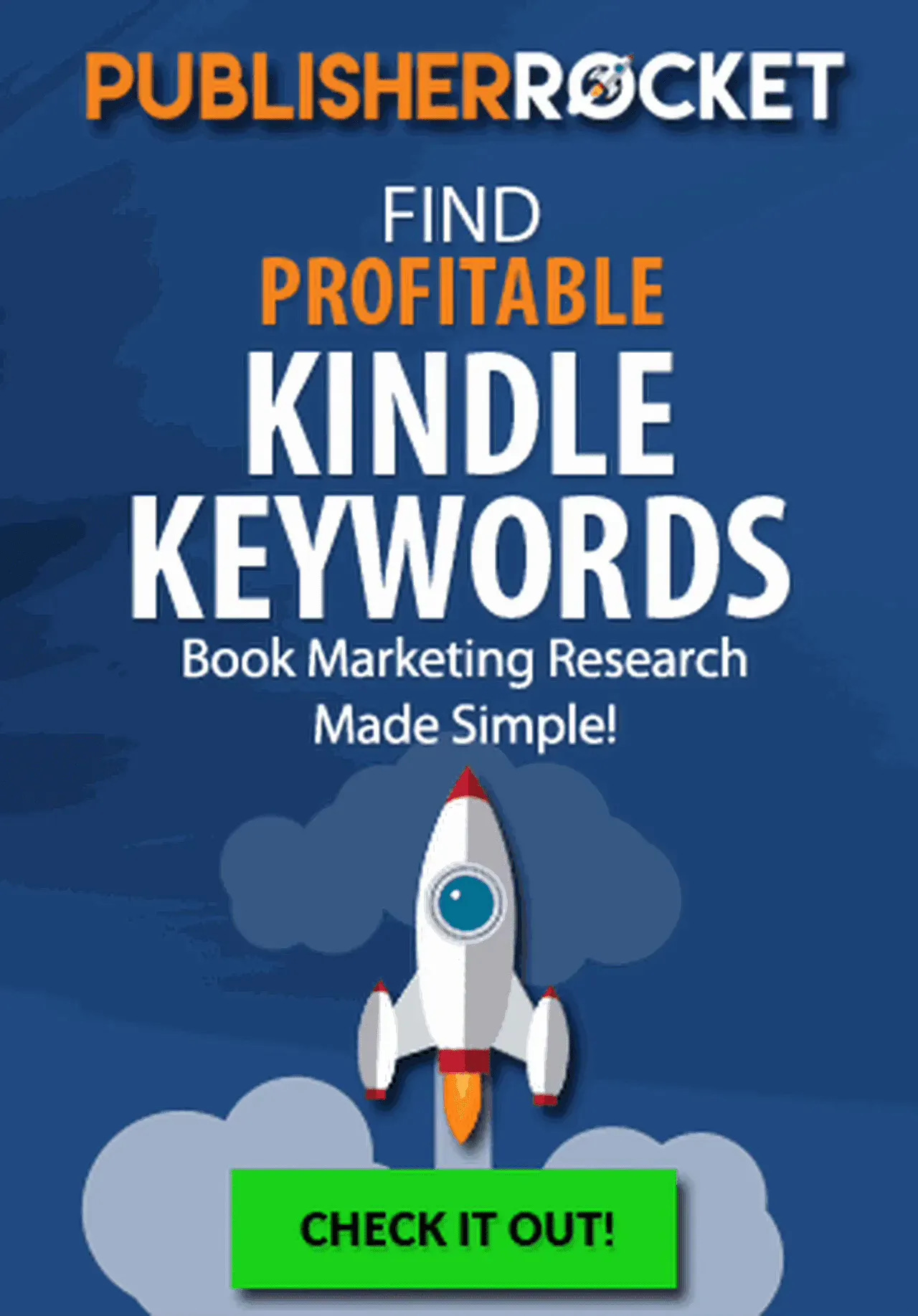Tropes I said…not Dopes.
“Tropes work because they promise something familiar, but your unique voice and spin make them unforgettable.” — 7 Figure Fiction, by T. Taylor.
Notice she said to do something unique and to spin it. Because if you don’t, it becomes boring. And you’re the second one in the title up there—a dope. And you don’t want to be one of them. Unfortunately, I was when I became confused. Anyway the book above is by T. Taylor and if you are interested in learning more about various tropes read, The Trope Thesaurus : An Author Resource Guide, by Jennifer Hilt. There are many, many tropes.
What Taylor does in her book is explain why readers fall in love with certain books. She does talk about tropes but more than that. There are certain stories that resonate more with readers. There are certain desires and feelings that resonate more with readers and it pulls them into the story. Kind of like a drug that we want more of. She uses the word butter.
Readers like familiar, but at the same time, they don’t like to be bored. When they’re looking at taglines and book descriptions, they are definitely scanning for hints of tropes. So even if you don’t come right out and name them, you can nudge your reader and point them in the right direction.
For instance, if you don’t want to say Enemies to Lovers, you could hint at it, with something like: “As I took my seat on the plane, there he was, sitting in the window seat—the man who once broke my heart. If I had a knife, TSA would’ve taken it—and I wouldn’t be here.”
Why else should you consider using them?
1. Tropes give you a structure to build from.
Think of them as scaffolding. You don’t have to invent the entire romance novel from scratch. A Fake Dating story already comes with inherent tension, awkward moments, and the inevitable moment when it stops feeling fake. The structure is there—you just build and decorate your story your way.
2. They attract your readers.
Tropes are shorthand for attracting the right reader. A reader who loves Grumpy/Sunshine knows what vibe they're signing up for. When you use tropes well, you're not just writing for everyone—you’re writing for that audience. And when your story hits those tropes in the right way you’re going to get binge-readers.
3. Tropes can subvert expectations.
The best part of leaning into a trope is getting the chance to break it. Flip it. Twist it. Maybe your Bodyguard Romance has the bodyguard fall first or the client ends up saving the bodyguard. Maybe the Billionaire is flat broke and pretending not to be. Tropes give you a door in—but you don’t have to walk the same path as everyone else once you're inside. Since I am not here to reinvent the wheel, I found Evie Alexander had an excellent blog that explored this really well.
4. They make marketing easier.
Selling books can be hard. But when you know your tropes, you can pitch your book to people who like those kind of books. “It’s a second-chance, one-bed, found-family romance set in Italy.” Boom. You just told a reader exactly what they need to know, and if they’re into it that trope? You’ve got a potential sale.
5. Tropes evoke emotional expectations.
Romance readers are emotion-seekers. They want the slow burn, the yearning, the redemption. Tropes help deliver that. A Marriage of Convenience promises forced intimacy and reluctant attachment. Friends to Lovers teases the ache of hidden feelings. Tropes aren’t just plots—they’re containers for emotions. Your job is to fill them with feelings that feel real.
Tropes aren’t tired—they’re timeless. Think of them as the emotional GPS of romance writing, charting a course through longing, conflict, and those delicious, heart-stopping turns. But let’s be real: a trope is only as good as the writer wielding it. Treat it like a paint-by-numbers kit and readers will spot the formula from a mile away—and drop your book faster than a bad date. But treat it like a blank canvas—something to reimagine, layer, and ignite with your voice—and they’ll feel the spark and stay up way past bedtime chasing that happily ever after.
So go ahead—embrace tropes. Love them. Flip them. Break them even. Just don’t fear them. They’re not a crutch. They’re your co-conspirators in delivering what readers want—only not the way they expected.
Have a favorite trope you’ve reinvented—or read a book that contained one that knocked your socks off? Drop it in the comments.







